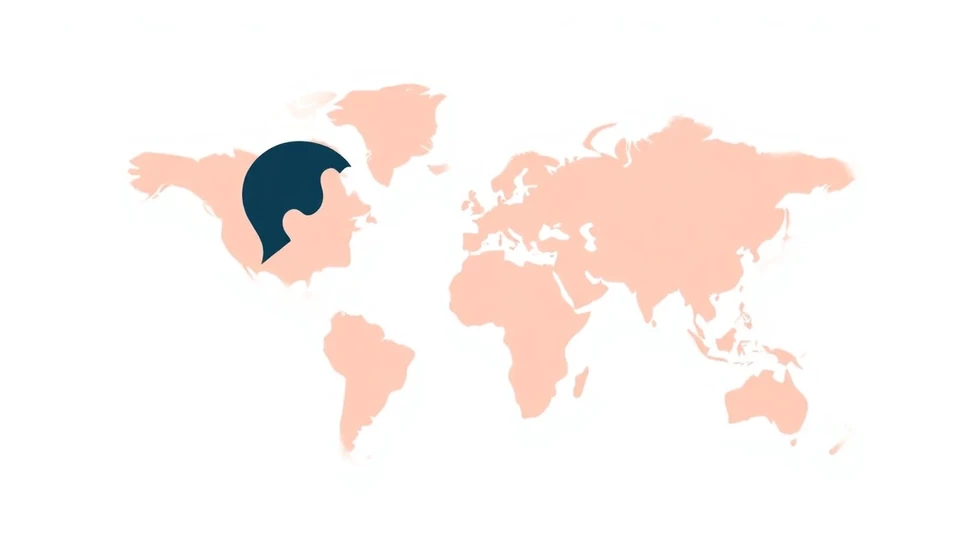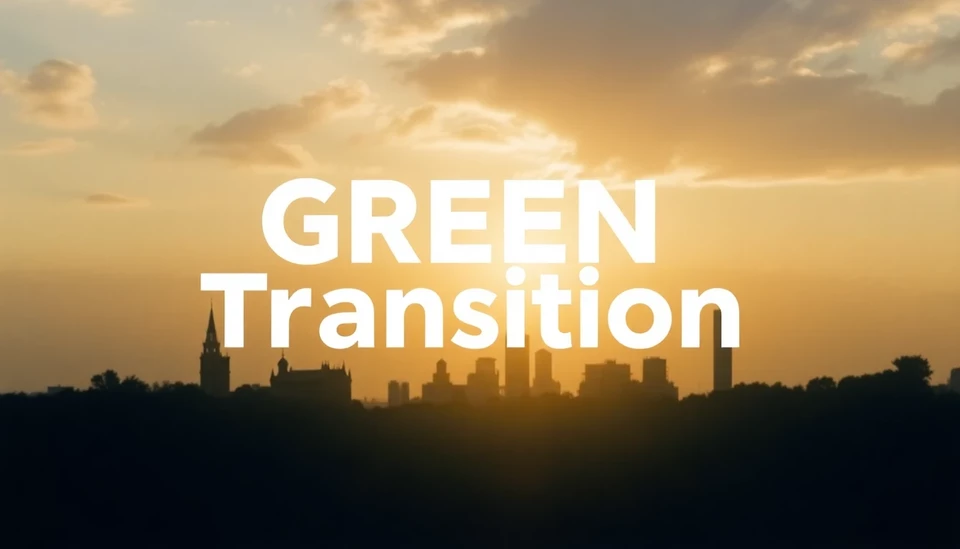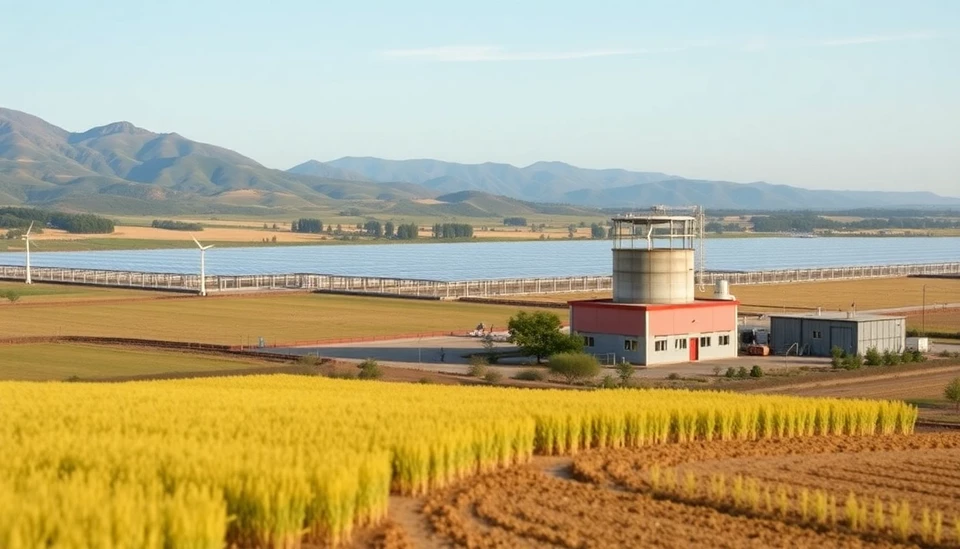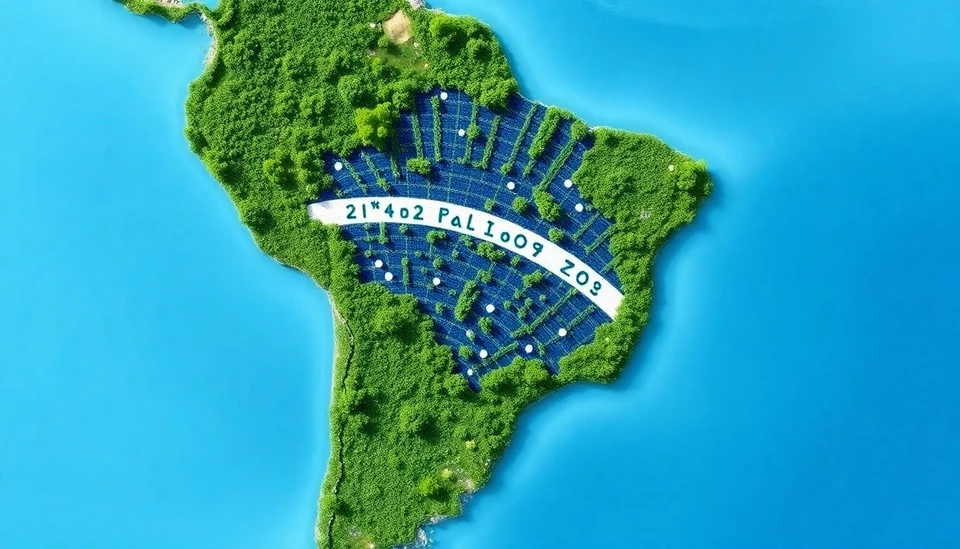
In a rapidly changing global economy, the interplay between trade wars and environmental initiatives is coming to the forefront of discussions concerning the green transition. Recent analyses suggest that tensions in international trade could significantly influence the pace and direction of efforts aimed at sustainable growth and climate change mitigation. With nations prioritizing green technologies, understanding how trade disputes affect these ambitions is critical.
Trade wars, typically marked by tariff increases and trade barriers, can hinder countries' abilities to engage in critical exchanges of green technology and resources. The last few years have exemplified this, particularly as high-profile disputes between major economies like the U.S. and China have unfolded. These conflicts can lead to increased costs of raw materials, delayed supply chains, and complicate collaborations that are vital for developing renewable energy sources.
Experts are raising concerns about how the complexities introduced by trade tensions might undermine the global efforts to combat climate change. The intricate web of international supply chains that support green technologies, such as solar panels and electric vehicle batteries, depends heavily on smooth trade relationships. When these relationships are strained, the resulting uncertainty can deter investments in clean energy technologies and innovations.
Moreover, countries embroiled in trade wars may resort to the protection of their domestic industries, which could sideline international cooperation essential for a unified response to climate challenges. For instance, competitive practices might lead to less favorable environmental standards being upheld in favor of economic gain, squeezing the green transition efforts. As governments allocate resources to counteract the impacts of trade disputes, funding for renewable energy initiatives may be deprioritized.
On the flip side, analysts also suggest that increased competition driven by trade wars could spur innovations in green technologies. The need for self-sufficiency in clean energy could accelerate domestic production initiatives, allowing countries to promote their green industries while reducing reliance on foreign technologies. This could potentially lead to a dual-edged outcome where the challenges of trade disputes simultaneously catalyze some level of innovation in the sector.
Trade policies surrounding the green transition must also adapt. Policymakers are increasingly recognizing that the future of global trade should embrace sustainability as a core principle. Consequently, trade agreements that prioritize environmental standards could become more prevalent, reflecting a shift toward integrating climate considerations into trade discussions.
To summarize, while trade wars pose risks to global green initiatives, they also open opportunities for innovation and policy evolution in sustainability. The landscape will likely continue to develop as nations navigate these complexities, striving to balance economic interests with environmental responsibility. As the world pushes toward a more sustainable future, the intersections of trade, conflict, and climate action will undoubtedly remain a critical area of focus for governments, businesses, and communities alike.
#GreenTransition #TradeWars #ClimateChange #Sustainability #RenewableEnergy #EnvironmentalPolicy #GlobalEconomy
Author: Megan Clarke




